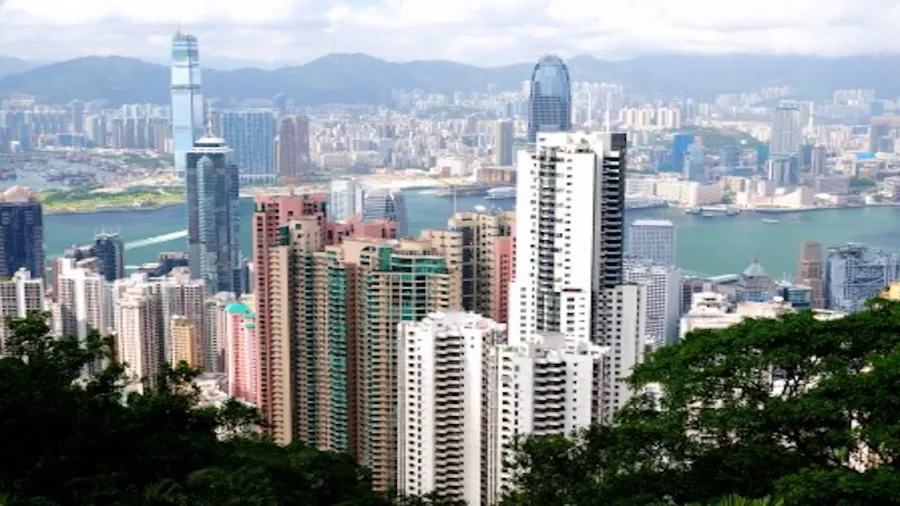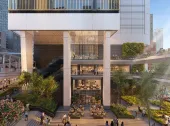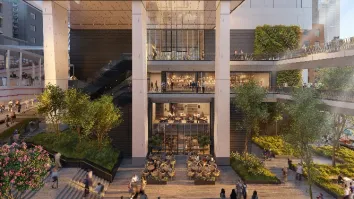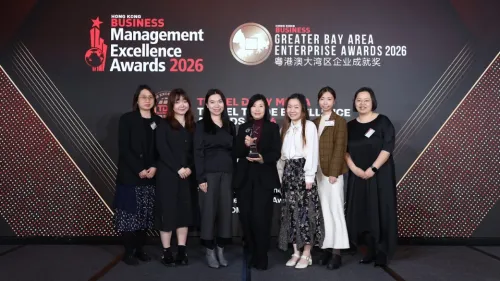
CRE investment in H1 rose 97% YoY: Cushman & Wakefield
A total of 89 deals were recorded during the period and is expected to reach 200 by year-end.
Commercial real estate investment in Hong Kong continues to rise with a 97% year-on-year (YoY) increase in deals during the first half (H1) of 2021, led by transactions from the office sector, according to a global real estate services firm, Cushman & Wakefield.
A total of 89 deals were recorded in the first six months of 2021, making a total consideration of KH$43.1b or a YoY increase of 97%, the most active half-year since the second half (H2) of 2018, Cushman & Wakefield said in a media release dated 15 July.
"We expect the number of transactions for this year will hit 200 cases. Yet, investors remain cautious due to the uncertain economic outlook. Deals will mostly be in small size in the near term. The total consideration for this year will likely reach half of the peak in 2017 or 2018," Keith Chan, Cushman & Wakefield's director and head of research in Hong Kong, said.
Local capital dominated the market, accounting for more than 70% of the total transaction during the period due to travel restrictions. Mainland investors “were relatively quiet,” registering only 13% of the transaction volume.
The firm said the office sector was the most active during the period, accounting for 40% of the total transactions mainly driven by a single transaction. The retail sector, meanwhile, recorded the highest number of deal count as local investors favour smaller assets but a greater chance for long-term growth.
Whilst office and retail rents still declining in the near term, capital looked into industrial and development sites with “value-added potential in the longer term.”
“In particular, industrial properties emerge as the most investible asset class in H1 2021, accounting for 30% of total consideration, a significant increment compared to the average of 14% in the last decade,” the Cushman & Wakefield said, adding that the surge in property transaction was mainly due to the relatively low unit price and the favourable policies by the government.
It added that the potential for the traditional industrial buildings to be converted into other usages such as mini-storage, cold storage, logistics warehouse, and data centres “will match with new business demand and create value in the post-pandemic era.”
Hotel transactions have been “muted” but still have “great value-added potential” for long-term investors, it said.
"The hospitality industry has been facing many challenges during the pandemic and hence associated investment activity has frozen at present. Yet, the hotel industry has been proactively reacting to the situation by launching monthly rental plans, in an attempt to benefit from the red-hot residential market,” Tom Ko, Cushman and Wakefield's executive director and head of Capital Markets, Hong Kong, said.
“Notably, investors have been looking into the long-term investment value of hotel properties, especially high-quality assets at discount. As such, we anticipate that hotel transactions will pick up in the second half of the year,” he added.
Cushman & Wakefield also said that aside from the projects in an en-bloc industrial building on hung To Road in Kwun Tong and a portion of Wharf’s Cable TV Tower in Tsuen Wan, Kwu Tung North will become the upcoming spotlight in the property market due to the improved transportation and ancillary facilities such as the Kwu Tung Station to be built in 2023 and completed in 2027.
Developers are expected to pay more attention to Kwu Tong in the next one or two years with the recent confirmation of development projects there as well as the nearby developments in Lok Ma Chau Loop and the Hong Kong-Shenzhen Innovation and Technology Park, it said.
“We believe the commercial real estate investment market will continue to be active in the H2 2021, and the investment sentiment remains cautiously optimistic. With some stocks already under their belt, local investors will take a wait-and-see approach before they invest further when the market upward trend is fully confirmed,” Ko said.
Ko added that mainland and institutional investors “will be more aggressive once restrictions are relaxed. “We expect investors will be keen on industrial assets. Long term focus is on hotel assets which give better prospects."



















 Advertise
Advertise






